February 21: International Mother Language Day
Variety 10:09 AM - 2021-02-21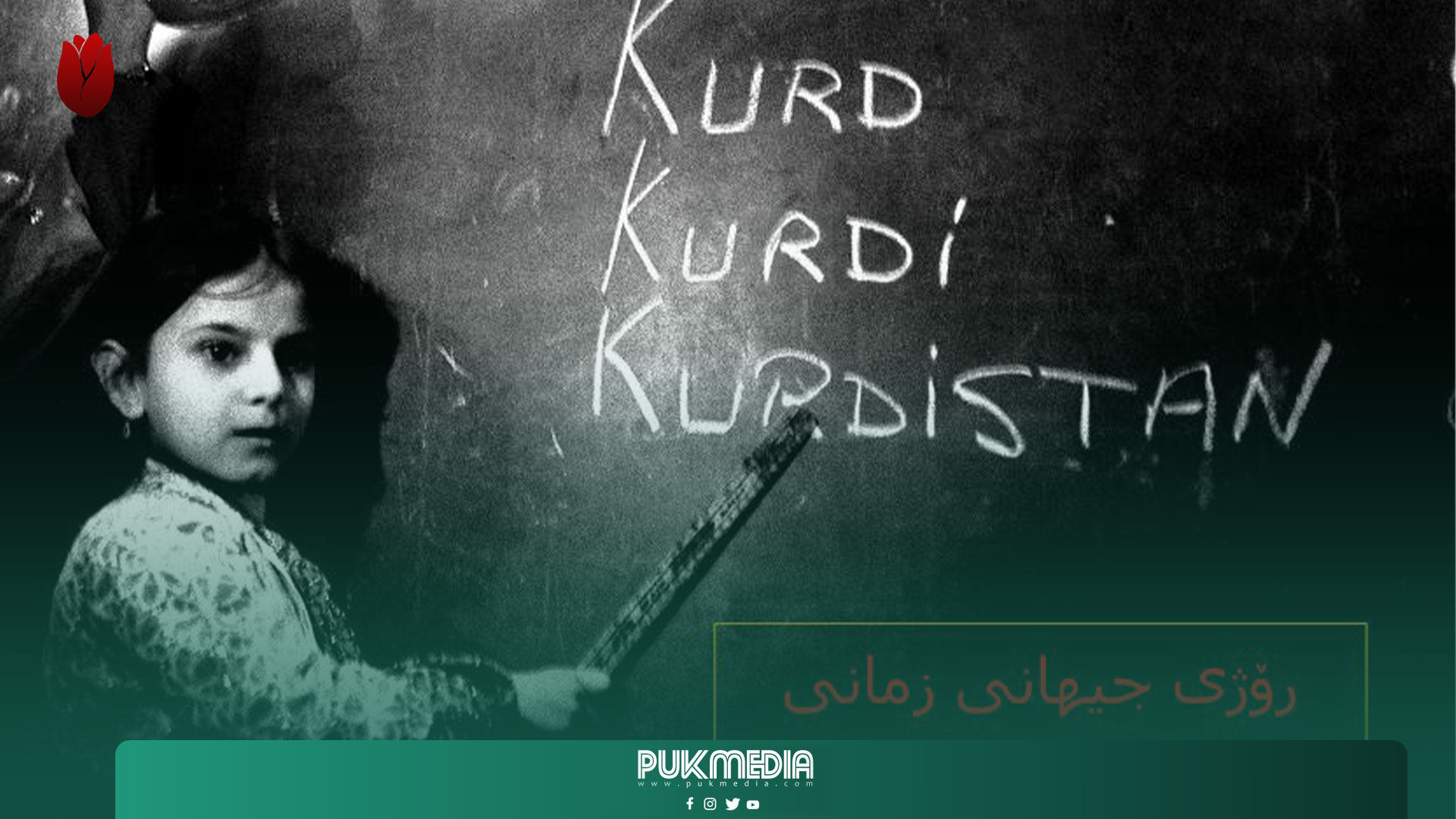
.
February 21 has been set as the day to recognize the mother language or the first language of each nation.
The day was set by UNESCO on November 17 of 1999 and it was later officially approved by the UN to ensure the importance of preserving and learning the mother language as language is one of the strongest tools to protect traditions, culture, and history.
The protests that erupted on February 21, 1952, in then East Pakistan against the imposition of Urdu launched the Bengali language movement in Bangladesh, and is the nucleus of the International Mother Language Day. The UNESCO recognition came in 1999, proclaiming it as a day to observe and celebrate indigenous languages across the globe. The wish was to sustain and develop the mother tongue or the first language and safeguard the precious heritage of world languages. Is it happening in reality?
Indigenous languages, like most ethnic cultures, increasingly have a localized and restricted existence — overwhelmed by global markets, global economics, and global corporates. The mother tongue is gradually being dwarfed by these staggering influences and is relegated to a marginal space in the global village. A UNESCO report states that nearly 1,500 ethnic languages are globally becoming extinct every day. Their place is being usurped by foreign languages, which facilitate and guarantee successful trade and commerce and boost the economy.
Here are some known facts prepared by the UNICEF about different languages:
- There are about 6700 mother languages around the globe
- Since 1950, about 200 ethnic languages have become extinct
- 184 languages are used by less than 10 people in the world
- Half of the languages around the globe are under threats of extinction
Language is the identity and the pillar of life, it is the right of every nation. Any nation deprived of its mother language will vanish and any nation that preserves its mother language will never die even if it did not have independence or a state.
The Kurdish language is part of the living languages of the world. It is ranked the 40th in the world list of most used languages even though Kurds don't have a state and geographic barriers have been put between them by dividing them over 4 countries of different cultures. Despite all that, the Kurdish language has developed highly in the southern and eastern parts of the great Kurdistan as it is the official language in schools of the south of Kurdistan which is now the Kurdistan Region-Iraq.
Although the land of the Kurds have been cut off and divided for so many years and they have always faced genocide attempts along with attempts to change their culture and language, but the Kurds have been able to stand against all that and preserve their language the attempts of the occupiers never came to fruition as the Kurds have their own special language like each nation of the world and this language has many dialects such as (Kurmanji, Sorani, Goran... etc).
In the south of Kurdistan-the Kurdistan Region of Iraq- and after the fall of the former Iraqi Baath regime, the Kurdish language is recognized as the second language in Iraq and its the study and writing language.
All of these are proof that despite not having a state, we Kurds have managed to preserve our identity through our ethnic and mother language.
PUKmedia
More news
-
German Forces Commander Ended his Mission at Mam Jalal's Grave
12:28 PM - 2024-04-23 -
Golden Bla Awards Ceremony Takes Place in Sulaymaniyah
11:32 AM - 2024-04-23 -
PUK Official: PUK is Committed to Holding Elections on Time
11:04 AM - 2024-04-23 -
Turkish President Meets Kurdish Officials in Erbil
10:42 AM - 2024-04-23
see more
U.S. State Department Mentions the Deterioration of Journalists' Rights in Iraq & Kurdistan
06:48 PM - 2024-04-25
10 Notable Individuals Receive Golden Bla Award
09:27 PM - 2024-04-23
DPM Talabani Asks Turkish President to Lift Ban on Sulaymaniyah Airport
11:43 AM - 2024-04-23
Iraqi & Turkish Presidents: Problems Should Be Resolved Through Dialogue
05:00 PM - 2024-04-22
Most read
-
U.S. State Department Mentions the Deterioration of Journalists' Rights in Iraq & Kurdistan
Reports 06:48 PM - 2024-04-25 -
Another International Report Mentions Kurdistan's Limited Freedom
Reports 09:24 PM - 2024-04-25

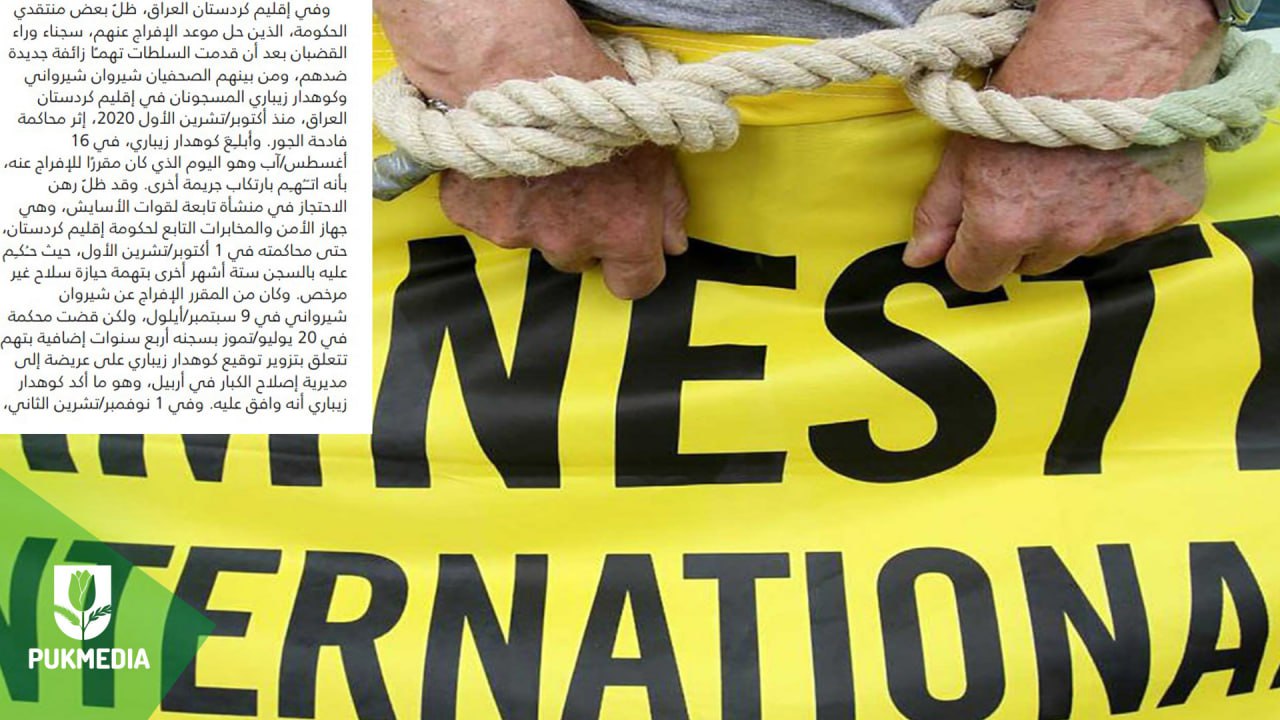
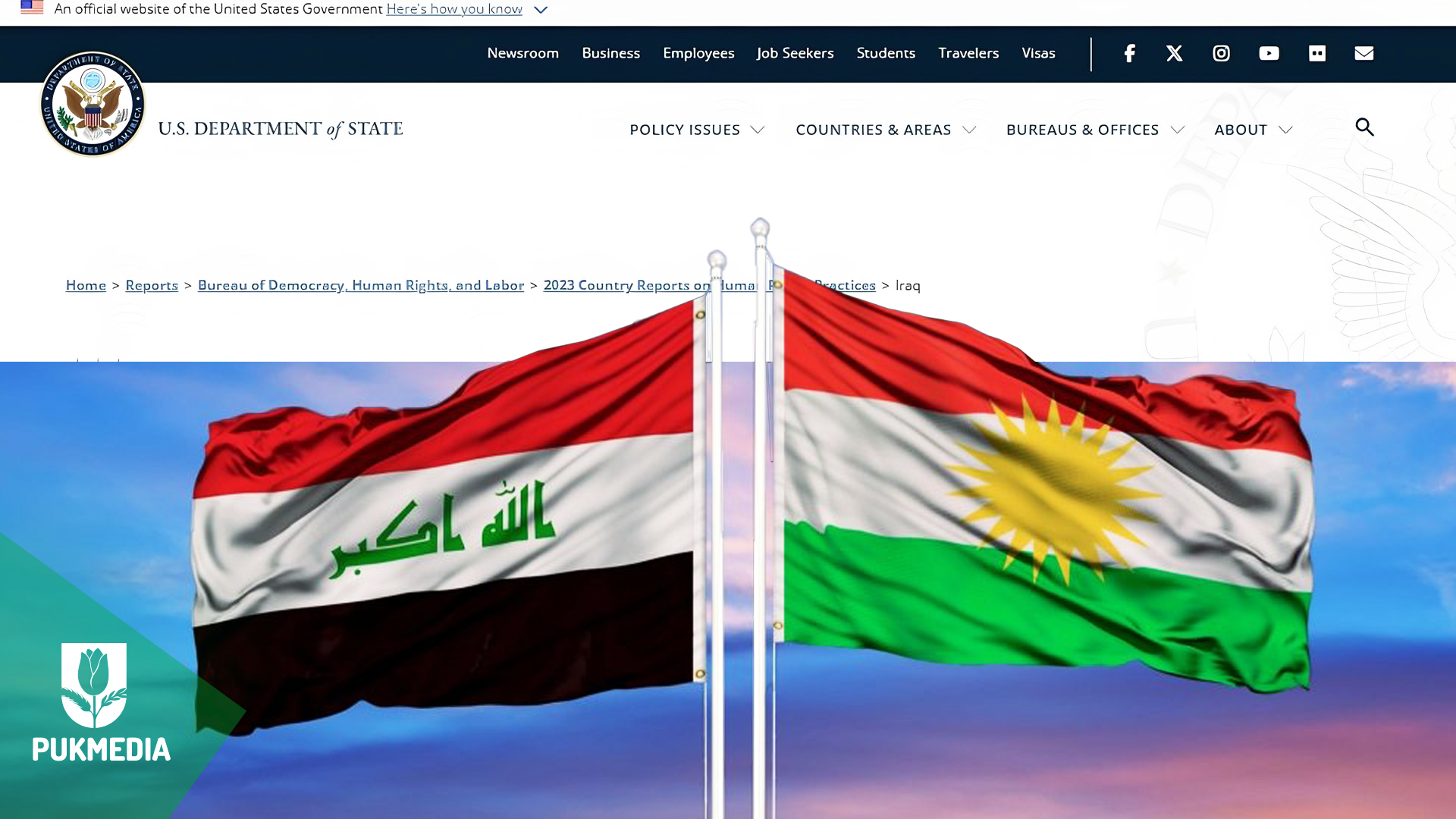
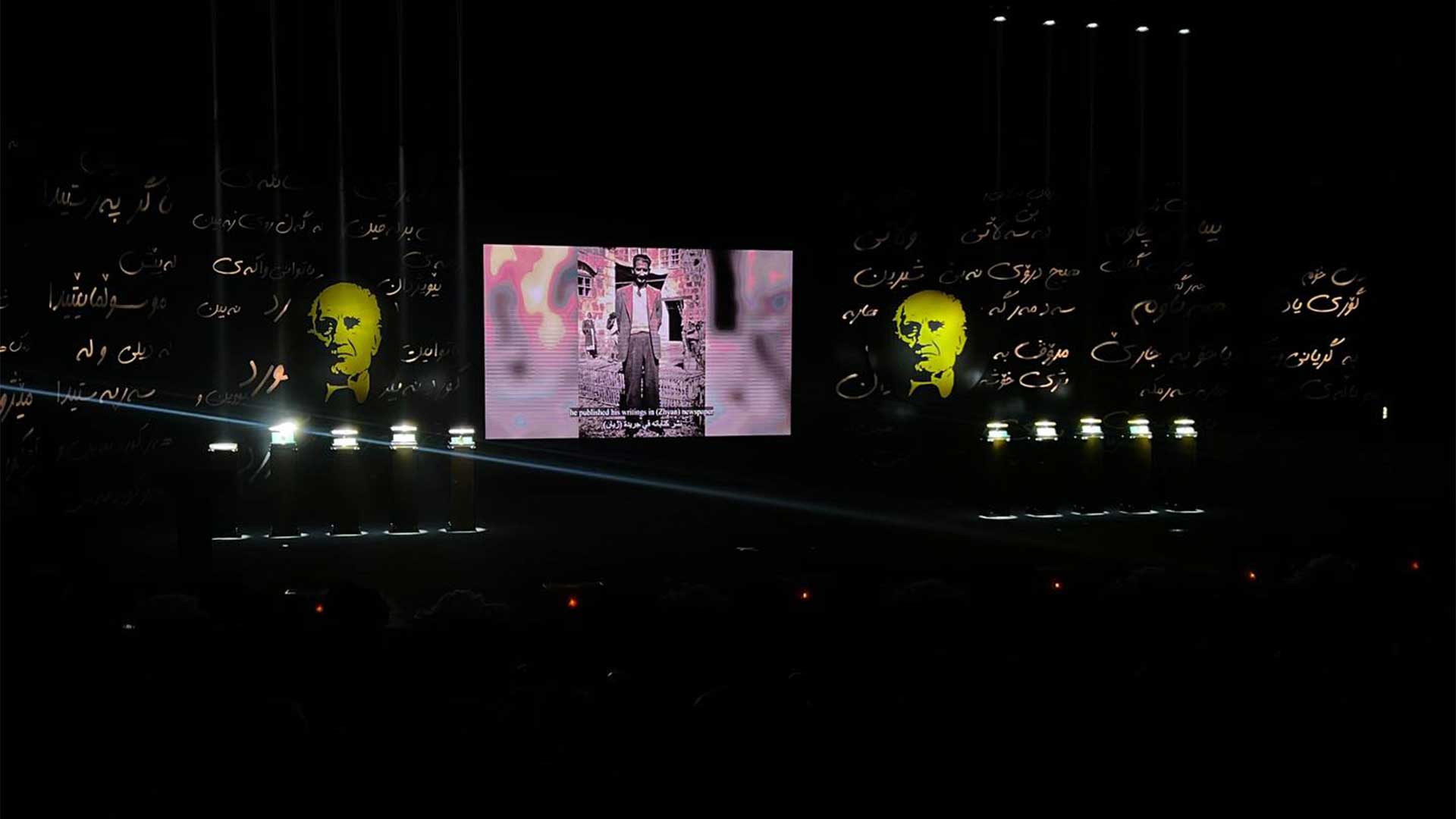
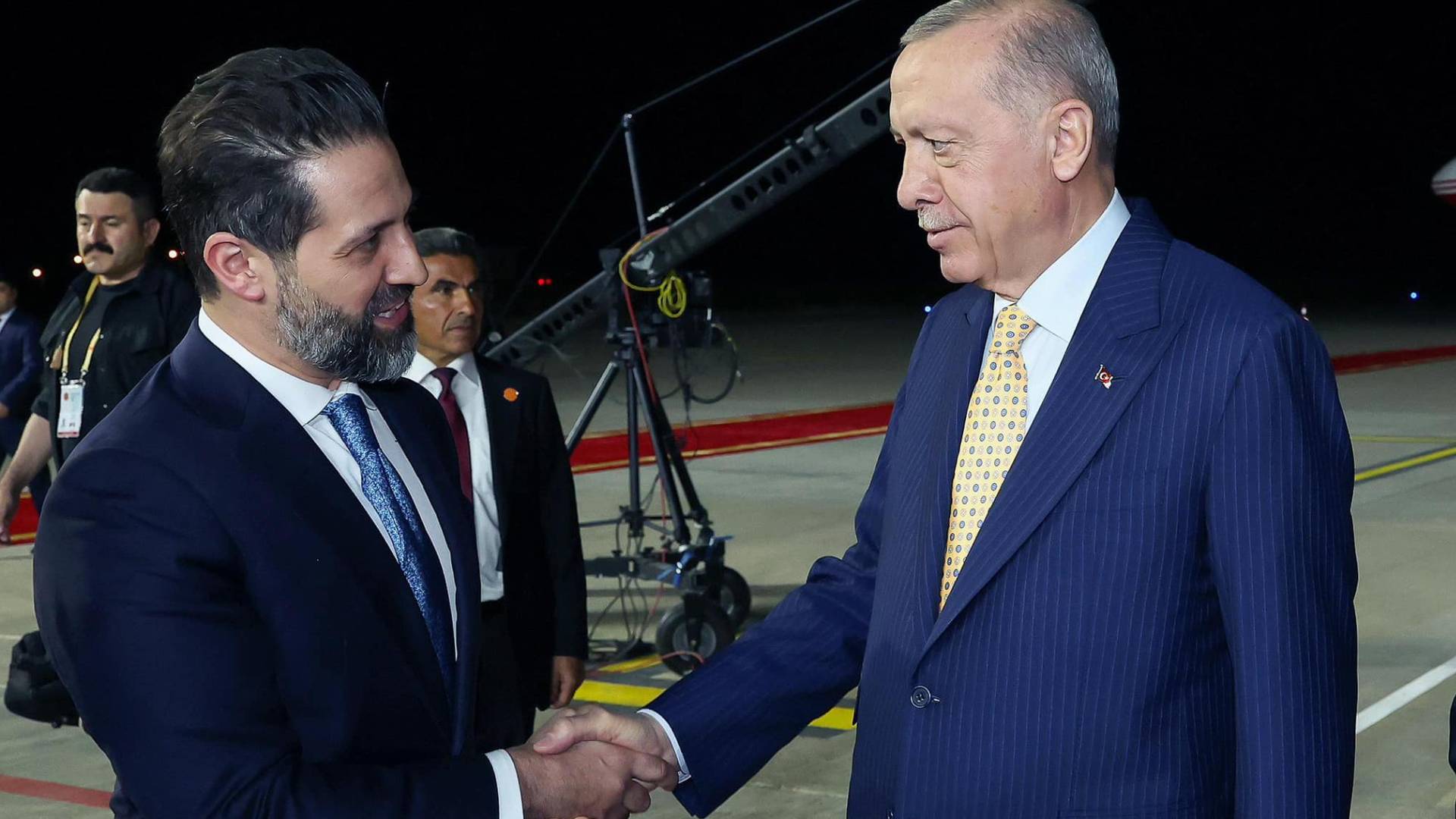
.jpg)
 Application
Application


